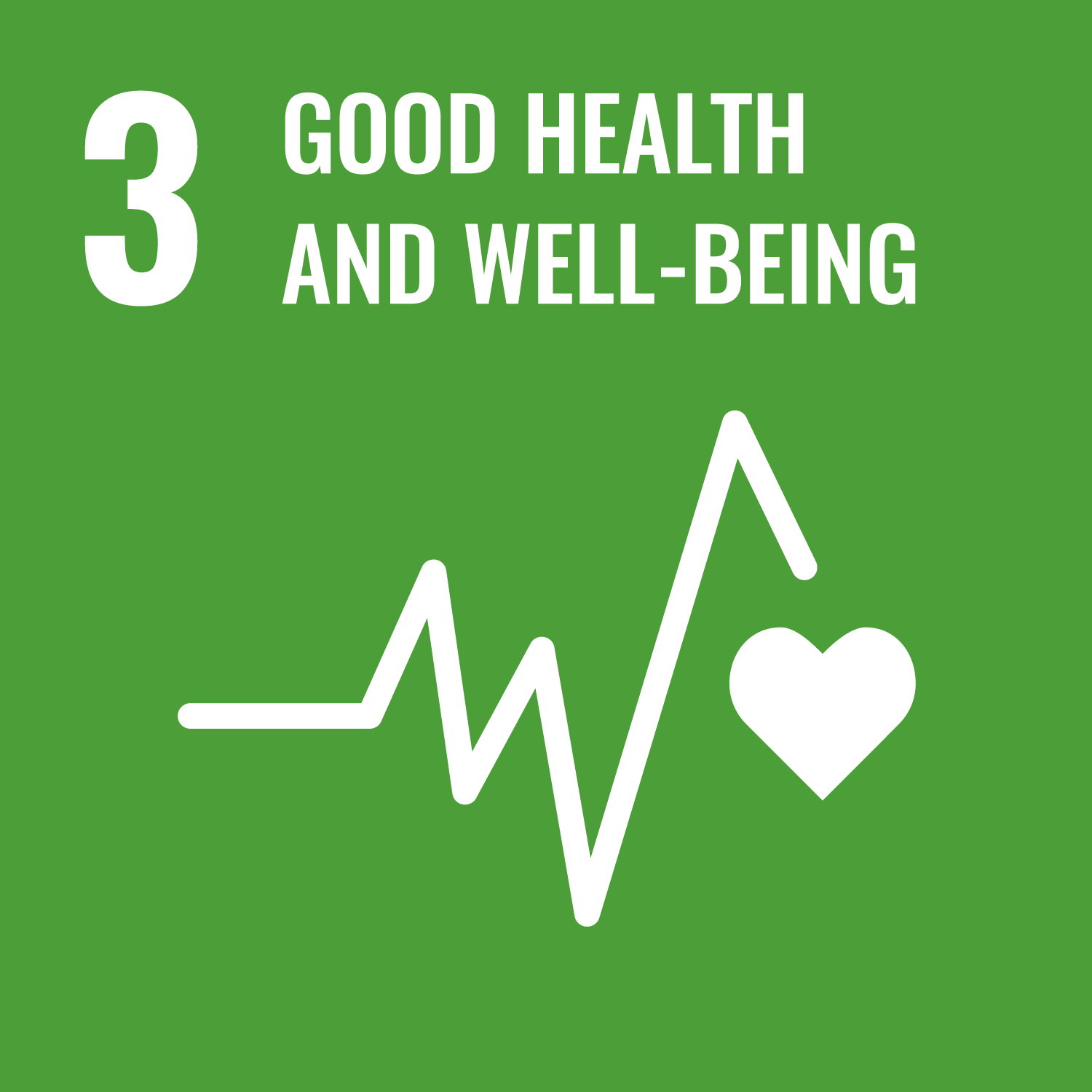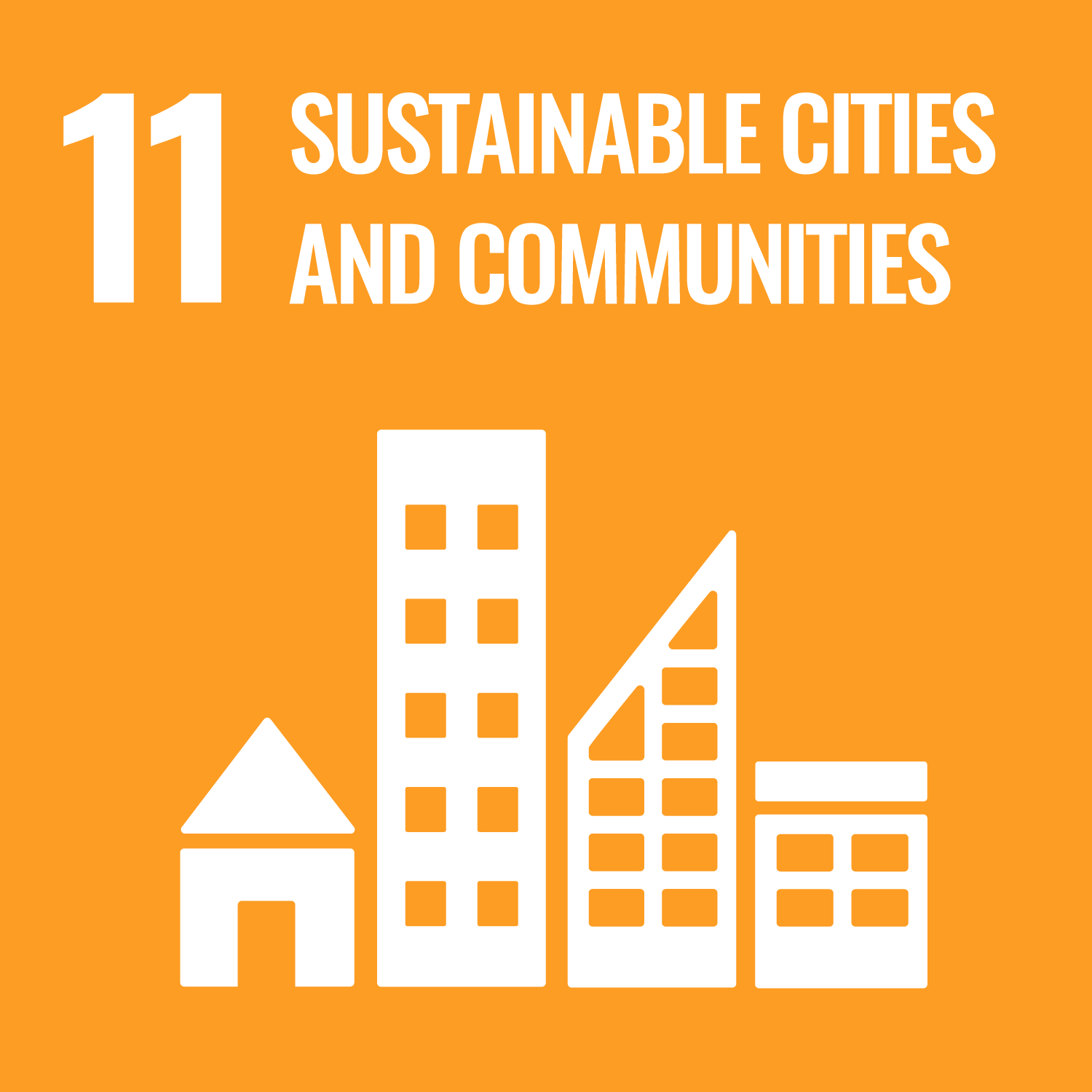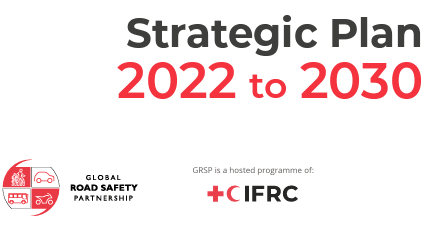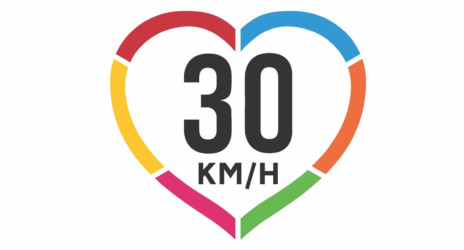Asia gears up for Decade of Action
When the Decade of Action for Road Safety officially gets rolling in May 2011, Asia will be ready. That was the goal of the 8th annual GRSP Asia Road Safety Seminar in November, which focused on planning for the Decade of Action as an effective means of reducing road trauma in the region.
A well-known regional platform for developing effective responses to the global, man-made humanitarian crisis, this year’s seminar titled ‘Preparing for the Decade of Action’, brought together more than 150 leading road safety experts, practitioners, business representatives and government officials from around the world to Siem Reap, Cambodia.
The event was organised with the support of the Government of Cambodia through its National Road Safety Committee (NRSC). “Death resulting from road accidents has worryingly increased day to day,” Sou Phriin, Governor of Siem Reap Province explained. “Road accident has become a main subject of serious concern to the Royal Government of Cambodia, which has considered it as 2nd biggest catastrophe after AIDS.”
In response, the Government of Cambodia has set-up a five year road safety plan (2006-2010) and drafted a 10- year action plan that aims to save 4,700 lives over the next 10 years. Representatives from Cambodia spoke about their plans at the two-day event, where participants had the opportunity to share strategies and learn about successful examples of multi-sector road safety interventions in Asia that have provided life-saving results.
Significant attention was given to the subject of children and youth since Road Safety Education (RSE) is a key component to preparations for the Decade of Action. Every year 8,000 children aged between 5-14 years in developing countries are killed on the world’s roads.
“We must remember that in a decade, youths and children will be drivers or riders, and it is important that we ensure that the correct road behaviours are instilled in them from an early age,” said Syarifudin Harudin from Malaysia who gave a presentation on RSE in schools.
The seminar offered additional presentations including the promotion of helmet use in Cambodia, Thailand and Vietnam, which resulted in quantifiable increases in helmet wearing and in some instances, clear reductions in motorcycle related death and injury.
Participants learned about road infrastructure projects in Malaysia, Philippines, Vietnam, South Korea and Bangladesh which use the latest technology to identify safety issues and design road improvements. Updates on projects in China which improved safety for pedestrians, cyclists and motorcyclists were also shared (click here for the complete list of presentations).
“Asia has a critical role to play in addressing the road safety crisis,” said Andrew Pearce, CEO of GRSP. “A region with diverse cultures, growing economies and rapid motorization, Asia is at the front-line of the road safety crisis… Fortunately, Asia has also become a hotbed for road safety innovation, where best practices have proven to make a difference in changing behaviour and reducing road crash related death and injury.”
The seminar is supported by GRSP through its corporately funded Global Road Safety Initiative (GRSI) program, with funds provided by Ford, General Motors, Honda, Michelin, Renault, Shell and Toyota.
This year’s event was also supported by the International Road Assessment Program (IRAP), FIA Foundation, Asian Development Bank, and Western Pacific Regional Office of the World Health Organization (WHO).






